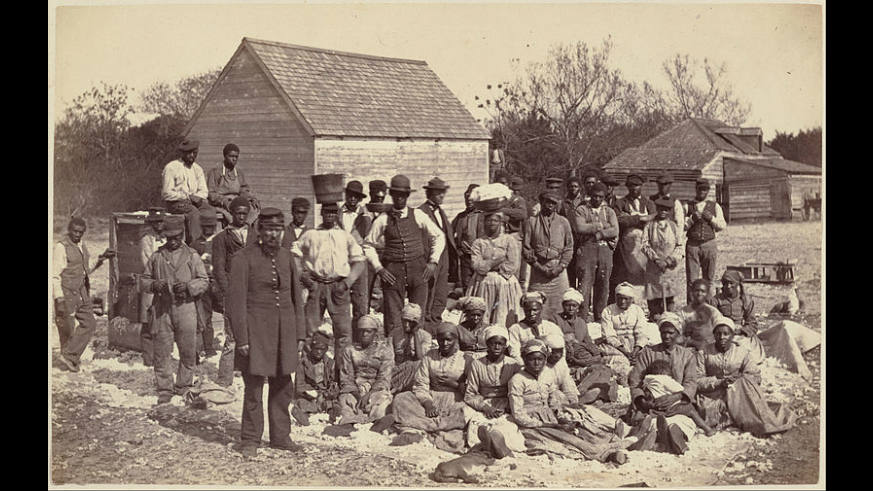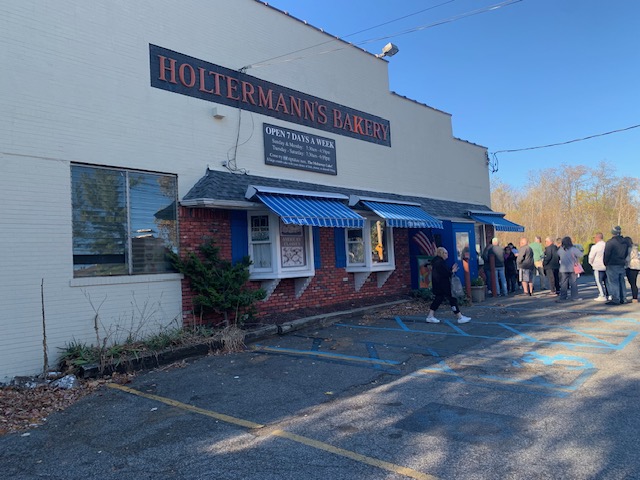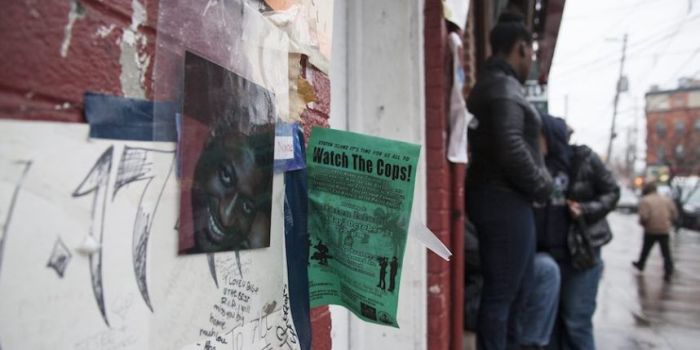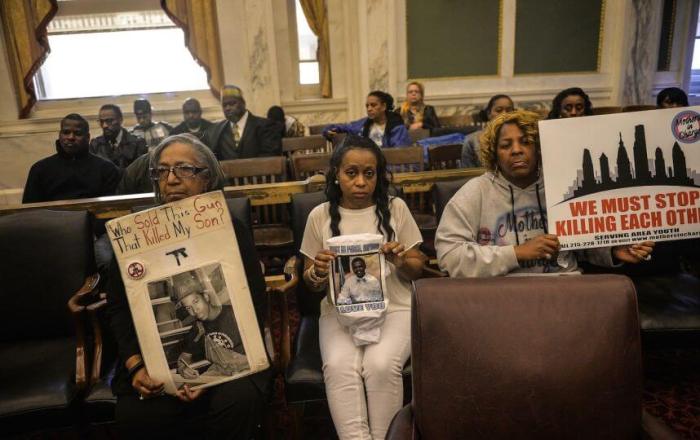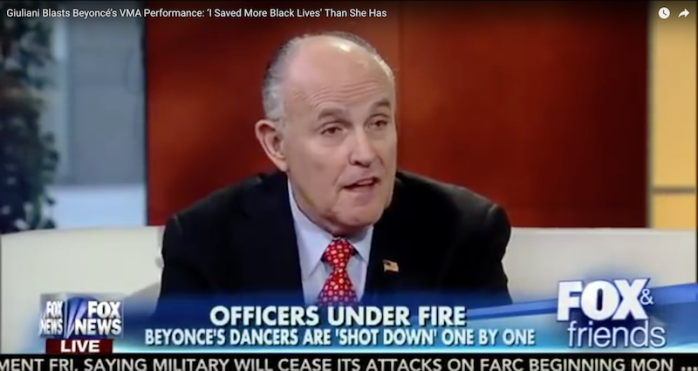On this day in 1965, the news that slavery had been abolished reached Texas two years after President Abraham Lincoln freed the slaves. “Juneteenth,” a combination of “June” and “nineteenth,” is also called Freedom Day or Emancipation Day.
With slavery abolished, slave owners were tasked with letting the enslaved know they were free thanks to the Emancipation Proclamation in 1863. Why there was a two-and-a-half-year delay is up for debate.
According to the site Juneteenth.com, the Union didn’t have enough manpower to enforce the executive order and many slave owners moved to Texas after New Orleans fell. The Confederacy didn’t recognize the Emancipation Proclamation since the southern states seceded from the union, but with the Union emerging victorious, news spread slowly. When Granger’s men arrived in Galveston, the news that the war had ended and slaves were free reached those who were still living in servitude.
Another story of the end of enslavement tells of a messenger who was murdered on the way to deliver the news. Others say that federal troops waited until after the harvest in Texas to enforce the decree.
President Trump released a statement on Monday giving credit to Granger for delivering the undeniably late news.
Melania and I send our warmest greetings to all those celebrating Juneteenth, a historic day recognizing the end of slavery.
Though President Lincoln issued the Emancipation Proclamation in 1863, news traveled slowly from Washington, D.C., to the southern states. More than two years later, on June 19, 1865, Major General Gordon Granger stood on the Ashton Villa balcony in Galveston, Texas, to deliver the belated message of the then-deceased President: all slaves were free.
Granger’s astonishing words inspired soulful festivities and emotional rejoicing. Over the years, as freedmen and freedwomen left Texas, they took Juneteenth and its meaning with them. Today, we celebrate this historic moment in 1865, as we remember our Nation’s fundamental premise that all men and women are created equal.
On Juneteenth 2017, we honor the countless contributions made by African Americans to our Nation and pledge to support America’s promise as the land of the free.
President Barack Obama focused on the freed slaves in his final Juneteenth statement as president.
Just outside the Oval Office hangs a painting depicting the night of December 31, 1862. In it, African-American men, women, and children crowd around a single pocket watch, waiting for the clock to strike midnight and the Emancipation Proclamation to take effect. As the slaves huddle anxiously in the dimly lit room, we can sense how even two more minutes seems like an eternity to wait for one’s freedom. But the slaves of Galveston, Texas, had to wait more than two years after Lincoln’s decree and two months after Appomattox to receive word that they were free at last.
Today we commemorate the anniversary of that delayed but welcome news. Decades of collective action would follow as equality and justice for African-Americans advanced slowly, frustratingly, gradually, on our nation’s journey toward a more perfect union. On this Juneteenth, we remember that struggle as we reflect on how far we’ve come as a country. The slaves of Galveston knew their freedom was only a first step, just as the bloodied foot soldiers who crossed the Edmund Pettus Bridge 100 years later knew they had to keep marching.
Juneteenth is a time to recommit ourselves to the work that remains undone. We remember that even in the darkest hours, there is cause to hope for tomorrow’s light. Today, no matter our race, religion, gender, or sexual orientation, we recommit ourselves to working to free modern-day slaves around the world and to honoring in our own time the efforts of those who fought so hard to steer our country truer to our highest ideals.
Today is #Juneteenth and here’s what you should know about it. https://t.co/eBZbFCkUbB
— UberFacts (@UberFacts) June 19, 2017

